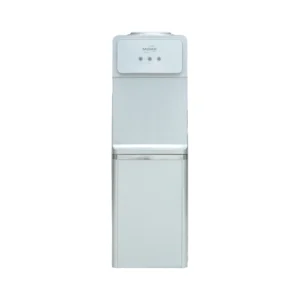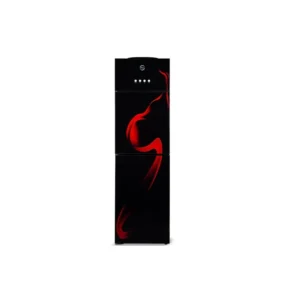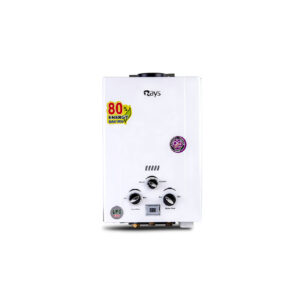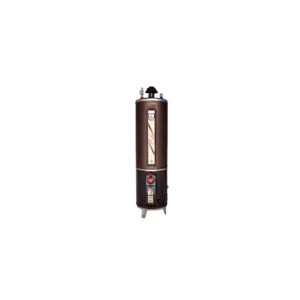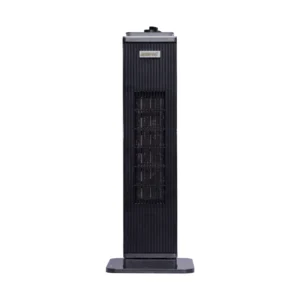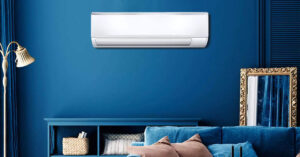Inverter air conditioners (ACs) have grown in popularity in recent years with their energy-saving features and technological advances. In contrast to conventional air conditioners, which run at a set speed, inverter air conditioners employ variable-speed compressors that transform their cooling capability in accordance with the temperature of the room. In this blog, we will examine the benefits and drawbacks of inverter air conditioners, throwing light on why they have become a popular option for many houses.
Advantages of Inverter AC
Energy Efficiency
Energy efficiency is one of the main benefits of inverter air conditioners. They can steadily maintain the target temperature with little fluctuation by altering the compressor’s speed. They can only use as much energy as is required due to this adaptive operation, which results in significant energy savings. Inverter air conditioners can consume up to 30% less energy than traditional air conditioners, resulting in cheaper electricity costs and a more ecologically responsible cooling solution.
Enhanced Comfort
Compared with traditional ACs, inverter ACs provide more comfort. These can cool the space more quickly and maintain a more stable temperature since the compressor speed adapts to the cooling demand. By doing so, the requirement for frequent on-off cycles is eliminated, which results in a cozier and more pleasurable indoor atmosphere.
Quieter Operation
Inverter ACs run with less noise compared to traditional ACs. Because of the variable speed compressor’s reduced operating noise, the environment is calmer and more peaceful. Bedrooms, offices, or any other space where noise suppression is necessary for concentration or relaxation would especially benefit from this function.
Extended Lifespan
Inverter air conditioners operate adaptively, which reduces stress on the compressor and other parts, extending their lifespan. The compressor in conventional air conditioners undergoes too many on-off cycles, which wears it down. In contrast, inverter air conditioners run more reliably, putting less strain on the system as a whole and resulting in longer-lasting equipment.
Disadvantages of Inverter AC
Higher Initial Cost
The initial cost of inverter ACs is higher than that of traditional ACs, which is one of their main disadvantages. Modern technology and components are used in inverter air conditioners, which increase the cost of production. However, it’s crucial to take into account the long-term advantages of energy savings and increased comfort, as these aspects can eventually outweigh the original cost.
Complex Repairs
Considering the advanced technology of inverter air conditioners, repairs, and maintenance may call for specialized professionals. Without specialized help, it might be difficult to diagnose problems due to the system’s complexity. This can result in higher service costs and longer repair times, especially if spare parts need to be sourced.
Voltage Fluctuations
Inverter ACs are more vulnerable to voltage changes than traditional ACs. Voltage fluctuations or spikes can have an impact on an inverter system’s performance and lifespan. It is advised to use voltage stabilizers or surge protectors to prevent this and protect the AC device from harm.
Size Limitations
When it comes to cooling huge spaces, inverter air conditioners could have size restrictions. Despite its effectiveness at maintaining constant temperatures in smaller to medium-sized rooms, cooling big spaces may call for additional units or alternate cooling solutions.
Conclusion
Numerous benefits, such as improved comfort, longer lifespan, and increased energy economy, are provided by inverter air conditioners. They are an attractive option for households wishing to cut back on energy use and enhance indoor comfort. The increased initial cost, the potential complexity of repairs, susceptibility to voltage fluctuations, and difficulties in cooling larger regions must all be taken into account. When deciding between inverter ACs and traditional ACs, consumers can make an informed choice by considering these factors against their benefits.



